Unlocking the Mysteries of Written English & Illuminating Common Errors
To “err is human,” but readers are not always so forgiving. Readers can be judgmental in their appraisals of written and published works, often equating correct writing with values related to effectiveness, reliability and integrity. We all know simple publishing errors can be blemishes that are hard to minimize, even when small.
Join the Writers’ Exchange as we uncover and highlight common errors to avoid before hitting send or submit on emails, papers and proposals. Keep this list handy!

It’s & Its
We’re beginning with one of the top 5 most frequent errors in written English. Trust us, nearly everyone makes this error.
- Its = possessive of it: The customer complained that the shirt lost its color after washing.
- It’s = contraction of it is: It’s easy to remember this rule if you remember that pronoun possessives (his, yours, its) don’t get apostrophes. Another idea is to not use contractions in formal writing.

Speaking of Apostrophes: Watch out for overusing them
- We’ve all seen a house sign proudly displaying “The Smith’s” when it really should just be “The Smiths” for the plural. If the plural word is a possessive (e.g., if The Smiths have a house), then the apostrophe would come after the plural –s: “The Smiths’ House.”
- A sign that reads “Plum’s for Sale” should simply say “Plums for Sale.”
- Tip! Apostrophes are reserved to denote verbal contractions (e.g. don’t for do not) or possessives (the company’s brand).
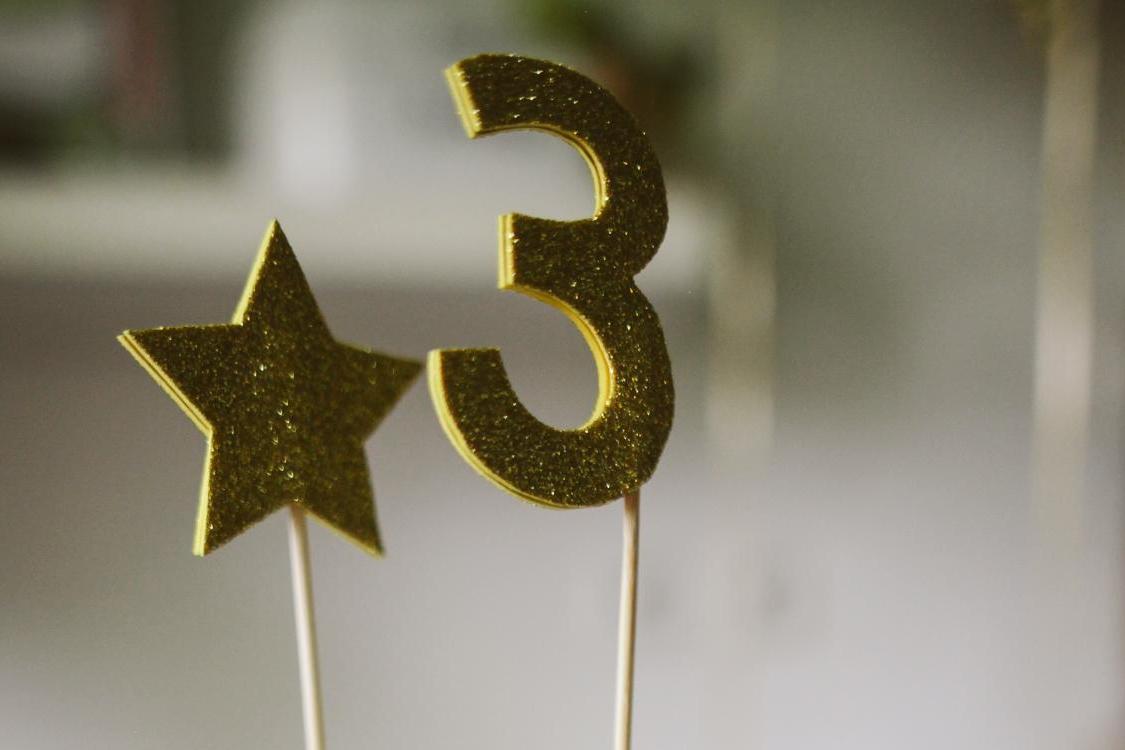
Accept or Except?
- The company accepts its role as an innovator of consumer marketing.
- The invitations were open to all customers except those in international markets.
- Writing Tip! Accept is a verb, roughly meaning to take/receive/include something (think of the word “acceptance”!), while except is a preposition meaning “other than” or “excluding” (remember “EXcept means EXcluding”).

Use the “singular they” to avoid identifying gender.
- The use of the pronoun “they” for a singular noun (or antecedent) is a very hot issue in the writing field. While in the recent past, we strove for gender neutrality with general pronouns by using “he or she” and “his or her” to avoid sexist language, today it’s generally acceptable to use the “singular they” to refer back to singular nouns whose gender is not defined.
- g. A client needs to be notified whenever they will pay additional fees for services rendered. Client = a singular noun / they = gender-neutral pronoun, instead of “he or she”.
- Each staff member is required to turn off their computer whenever they are not in the office.

Don’t confuse less and fewer:
- Use fewer with things you can count (nouns that have plural forms), like apples, items, suitcases, and mice. (e.g., if you can say 2 apples, then you should say fewer apples, not less apples)
- Use less with things that cannot be counted (nouns that don’t have plural forms) in English, like fruit, stuff, luggage, and rice. (e.g., you cannot say “2 fruit” or “2 stuff”, so it is correct to say less fruit and less stuff, not fewer )
- Side note: If you want to “count” those items, you need to use a phrase with “of”, like “2 pieces of fruit” or “100 grains of rice”.

Affect or Effect?
- Affect is a verb. If you affect something/someone, you produce a change in it.
- (e.g., That experience affected him and convinced him to work toward changing his life for the better.)
- Effect is a noun. You can say that something “has an effect”.
- (e.g. The bill’s passing will likely have a negative effect on the local economy, at least in the near future.)
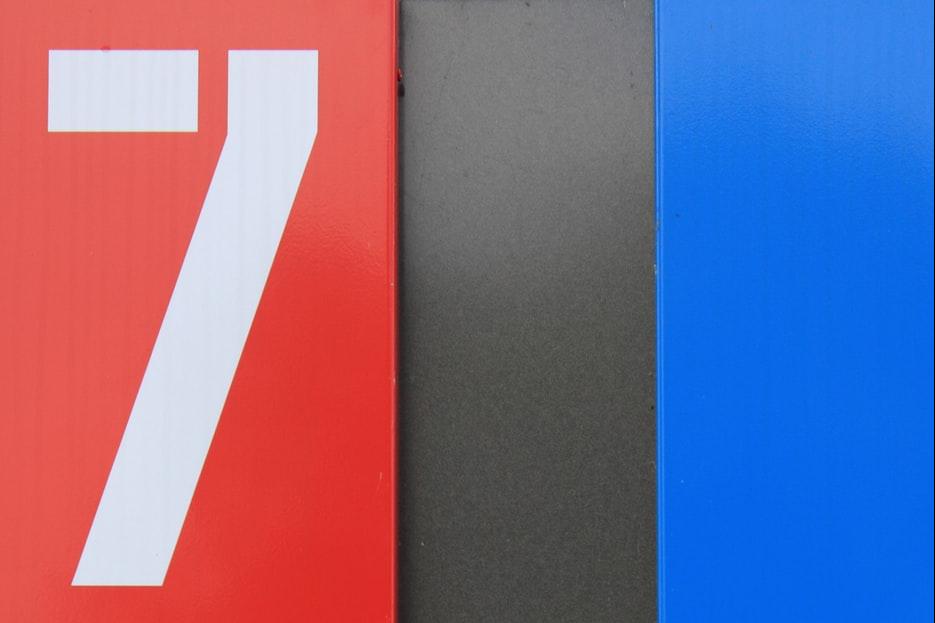
Ensure or Insure?
- Insure means to pay for an insurance policy for something/someone.
- g., The company headquarters was insured against loss from theft or natural disasters.
- Ensure means to make sure or guarantee that something will happen.
- g., In order to ensure that all demands were met, the negotiators proposed a strict timeline.

Shortening Quotes with the ellipsis:
- Ellipses are the three dots in a row (…) to omit words in a sentence. Typically, in academic writing, it’s to shorten a quote.
Note: When writing for an academic reader, you’ll need to include spaces between the dots: . . . ; for other audiences, just use … without internal spaces.
- For example, if it fits better with the focus of your writing, then you could shorten the original quote in this sentence:
- A group of scientists at XYZ University have found that “exposure to music, either as a passive listener or an active performer, can have psychologically beneficial properties.”
- To this:
- A group of scientists at XYZ University have found that “exposure to music . . . can have psychologically beneficial properties.”

Use the Serial (or Oxford) comma to separate 3 or more items in a list: Doing so, eliminates any possibility of confusion.
- Depression, anxiety, and bipolar spectrum disorders could all potentially be treated by this new drug.
- Before writing it is helpful to research your topic, organize your thoughts into an outline, and consider your audience.

Brackets in Quotations
You can use brackets [ ] to insert a word or slightly change a quotation for clarity, as long as your version is still accurate in terms of the original meaning:
- For example, you could use brackets to change this original quote:
- The Municipal School Board report specified that “they would be adopting a policy of following the new set of best practices for classroom pedagogy.”
- To this:
- The report specified that “[the Municipal School Board] would be adopting a policy of following the new set of [2016] best practices for classroom pedagogy.”

General usage tip
If you’re not sure how a particular word or expression should be used, search online to see how other writers have used the word in a sentence. Don’t trust just any site on the internet, though: look for example sentences on trusted dictionary sites, like WordReference.com, or if it’s a two-word-phrase (or longer), then search Google Books to see how published authors have used the word or phrase in their writing.

Want to gain greater concreteness in your writing? Try to avoid starting sentences with “This” + a verb; include a noun after This:
- g., “This demonstrates that…”, or even “Because of this, educators have…”
When instead, you could be more specific and include “This what”
- g., “The success of this technique demonstrates that…” or “Because of this dire situation, educators have…”

You don’t need to hyphenate words with well if “well” is only modifying an adjective.
- g., She is well educated. That is well known.
But you do need a hyphen if together the “well”+adjective are modifying a noun.
- g., She is a well-educated veteran. That is a well-known fact.
This is also true of any word combination that is used to modify a noun.
- g., This bottle is child resistant. vs. This is a child-resistant bottle.
- g., Our daughter is one year old. vs. We have a one-year-old daughter.
But you don’t need a hyphen if the first word is “very” or an adverb ending in “-ly”:
- g., The fundraiser was a carefully planned event. (no hyphen)
- g., Those are culturally significant artifacts. (no hyphen)
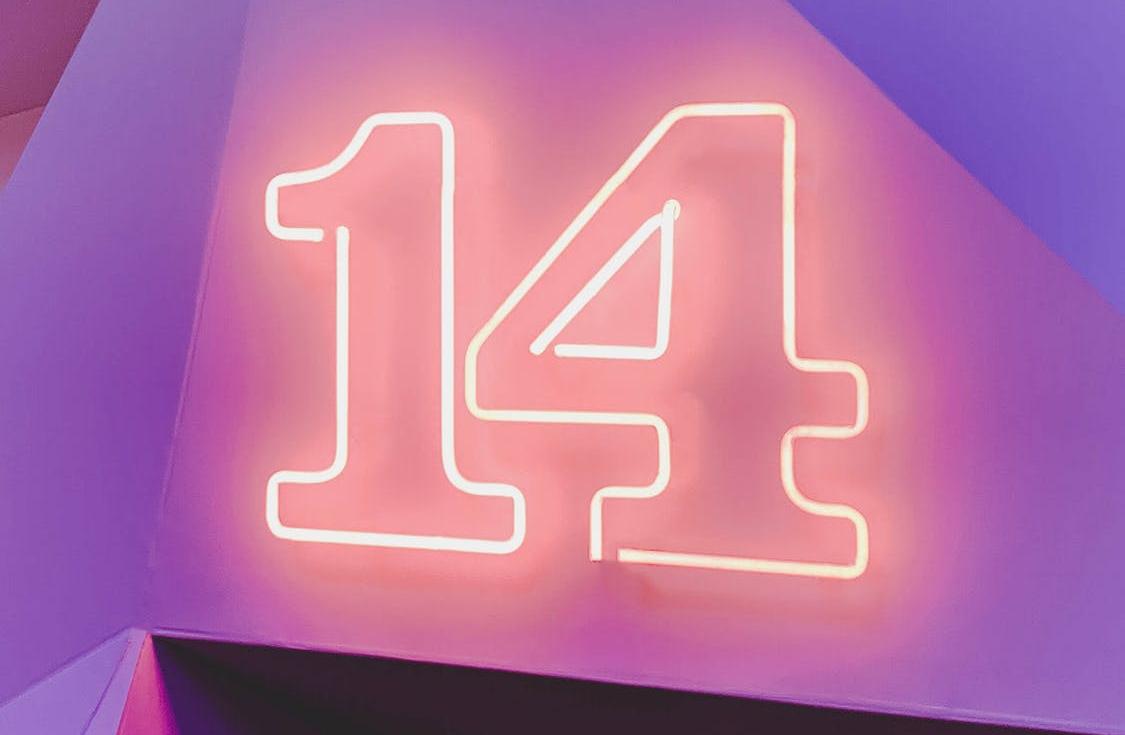
“Each” takes as a singular verb:
When you use “each” with a noun as the subject of your sentence, then it acts like a singular entity so the verb agrees with “it/one”, not “they”). E.g.:
- Correct: Each student is responsible for doing the readings.
Correct: Each of the students is responsible for doing the readings.
Incorrect: Each of the students are responsible for doing the readings.

Numbers in Writing
In most genres of writing, the numbers ten and below are typically spelled out, e.g., one, three, seven, while numbers 11 and above are typically written in numeral form, e.g., 15, 21, 352. (But in certain kinds of scientific or scholarly writing, e.g. with percentages, like 3%, or for clarity or emphasis, you may want to use numerals even for the numbers ten and below; just make sure you do so consistently.)

Between or Among?
- Use between when you’re talking about 2 entities:
- Much cultural exchange has taken place between the two countries.
- The study surveyed adolescents between the ages of 13 and 18.
- Or when you’re talking about specific, name-able entities:
- As a student, I needed to choose between my grades, a social life, or getting enough sleep.
- Use among when you’re talking about 3-or-more entities or general entities (e.g., a group of things that you don’t specify/name one by one):
- We must come to an agreement that’s acceptable among all parties involved.
- This is a very popular type of website template among my clients.
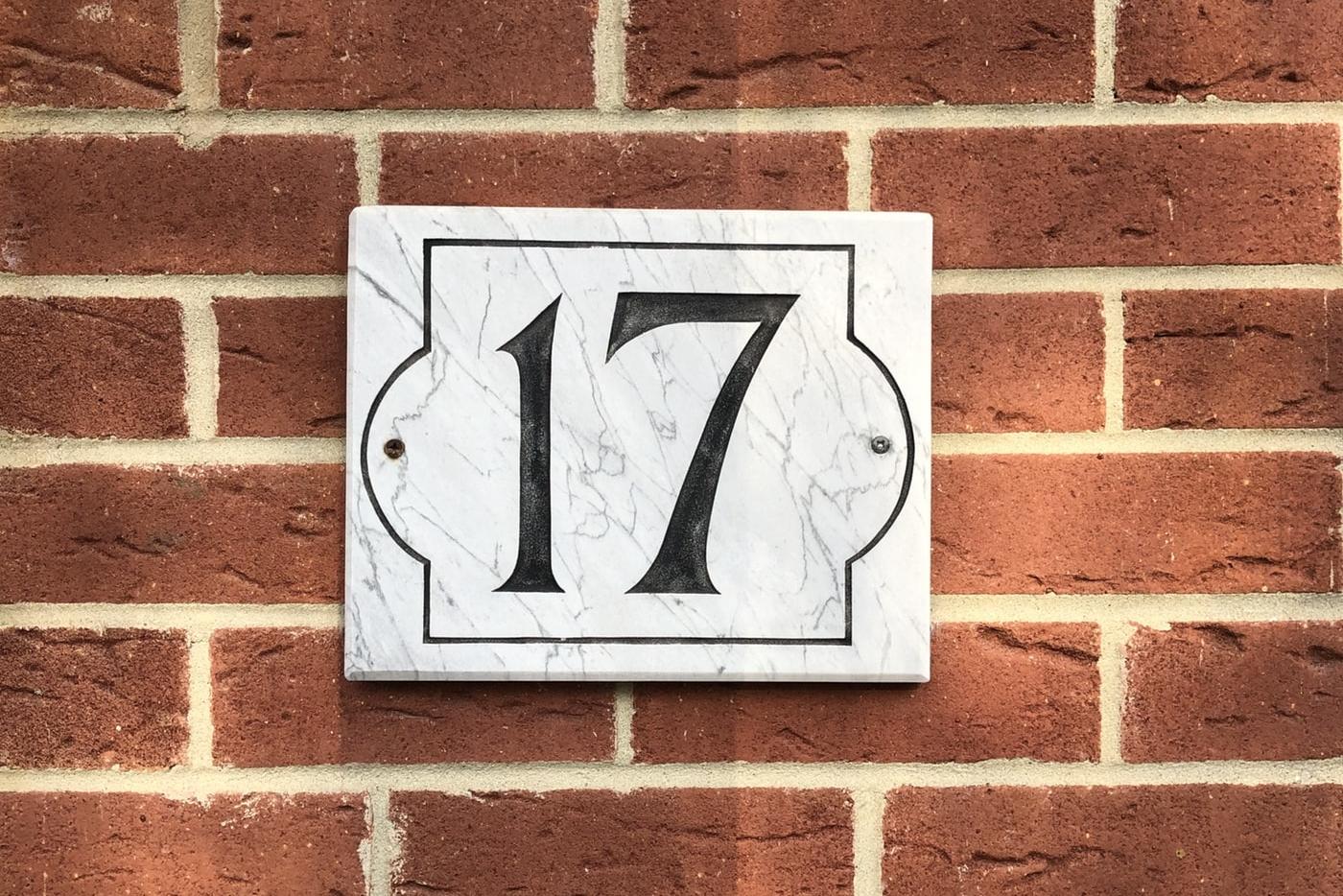
Proofread your writing for “parallel structure” to make things easier for your reader, and to make your ideas stand out more clearly.
- Instead of:
- Simply by running for office, and because of the positions she has taken on many issues, the senator has changed the political climate.
- Replace with one of these parallel structures:
- Simply by running for office and taking the positions she has on many issues, the senator has changed the political climate.
- Simply because of her run for office and the positions she has taken on many issues, the senator has changed the political climate.
- Instead of:
- The environmental activists warned that changes to the climate would include a rise in sea-levels, the weather changing compared to the past, and that more people would be fighting over limited resources.
- Replace with one of these parallel structures:
- The environmental activists warned that changes to the climate would include rising sea-levels,changing weather patterns, and increasing conflicts over limited resources.
- The environmental activists warned that changes to the climate would include a rise in sea-levels, changes in the weather, and an increase in conflicts over limited resources.

Farther, Further, and Furthermore
- Farther is usually used for physical distance. You can remember that because it has the word “far” in it!
- g., The Olympic athlete jumped farther than his opponents in his training for the Long Jump event.
- Further is usually used for figurative or metaphorical distance.
- g., The author hoped that further on in her career, he would no longer have to worry about money.
- If you’re not sure whether a distance is physical or figurative, then use
- g., The results are given in Table 1b, further down on the page.
- Furthermore is used to mean “in addition”
- g., Furthermore, I present one additional piece of evidence for the case.

Using Colons
Use a colon to introduce a series/list, a direct quotation, or even an entire clause (something with a subject and verb that could stand alone as a sentence), especially when the first part of your sentence is designed to create a feeling of anticipation or emphasis for the information that will follow.
- The students had only one request: more funding.
- The pianist played works by three composers: Chopin, Liszt, and Beethoven.
- It would be wise to remember this advice: “Neither a borrower, nor a lender be.”
- His hostility could be explained by one simple fact: his request for a job promotion had been rejected.

Moreover, Furthermore, and In addition
- Moreover is usually used to add another point, or another piece of evidence or reasoning, to an argument. It introduces something else that will help persuade your reader.
- g., The treatment is not advisable because has not been fully tested and could have unexpected side effects. Moreover, it is also very expensive.
- Furthermore is used to mean “in addition”
- g., I tested for the effects of alcohol consumption by using a control group. Furthermore, I also tested for the effects of exercise.
- In addition or additionally can be used in the same way as Furthermore.
- g., Elementary school teachers’ lesson plans should be pedagogically sound. In addition, teachers should plan some back-up activities, in case there is extra time.

General writing tip:
Try to avoid using expressions like “of course,” “obviously,” and “clearly” in your writing. Such expressions may seem condescending or patronizing to your readers, or they may frustrate readers for whom the point you’re making was not so obvious or clear.

Therefore and Thus
- Therefore means “because of that” or “for that reason,” referring to the sentence or thought expressed just before, e.g., in the previous sentence.
- g., Applying for an NSF grant is a very competitive process. Therefore, it’s important to refine your application, and also to seek out alternative sources of funding.
- Thus means “in this way” or “in that way”.
- g., The politician proposed a new law that would prevent workplace discrimination. Thus, she placed herself on the right side of history.
- But occasionally Thus is used to mean “as a consequence”, or “therefore.”
- g., The data leak exposed the government’s lie. Thus, it’s no surprise that it was met with derision.
- Thus is also used in the expression “thus far”, meaning “so far” or “until now”.

General writing tip:
Try to avoid using expressions like “as we have seen” or “as we will see”. Instead, try using “as mentioned above”, “as stated earlier”, or “…will be discussed in Section ## below”.
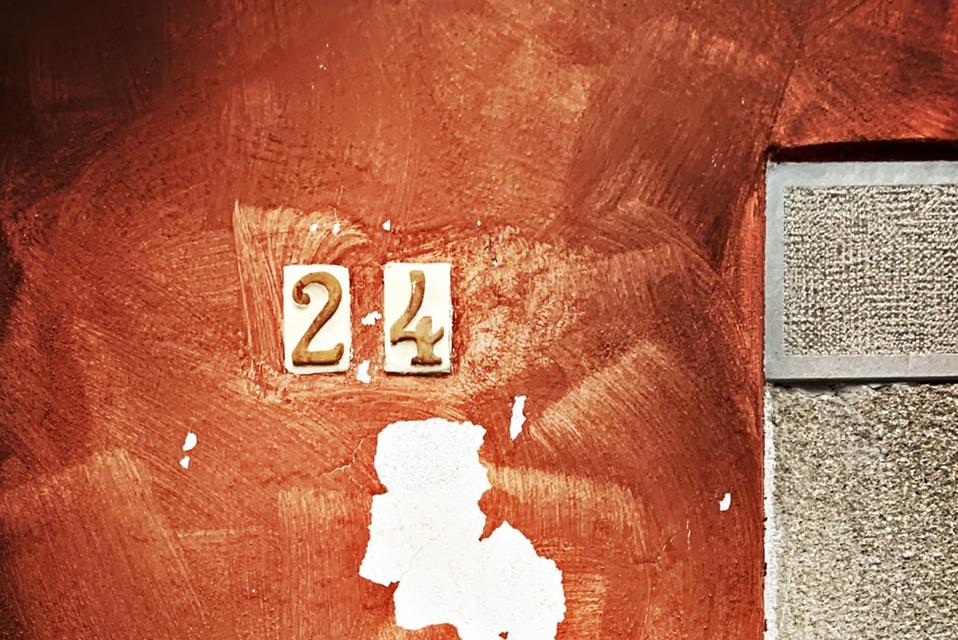
Use commas around (before and after) “interrupter” phrases. (First make sure that if you take out the interrupter, then the sentence will still make sense on its own.)
- Joan Miró, a Spanish painter and sculptor, joined the Surrealist group in 1924.
- Articles on ethics, for example, should focus on the implications of the findings.
- Portobellos, which are actually just large crimini mushrooms, are delicious.
- In recent years, however, controversy has increasingly surrounding that issue.

Use commas, dashes, or parentheses around (before and after) long “interrupter” phrases that you want to “set apart” from the main point of your sentence.
- Portobellos, which are actually just large crimini mushrooms, are delicious.
- It’s always more dangerous to drive at night than during the daytime – especially if you are tired – because of the decreased visibility.
- The study found that it is more difficult to find work in certain sectors of the economy if you are a woman, and especially if you are a mother (it did not differentiate between single mothers and those with partners, however).

Comma Beware!
Be careful not to separate the subject and the verb in a sentence with a comma, especially if your sentence has a long, wordy subject, e.g. in the following sentence, the subject is underlined:
- Students who have long struggled with test-taking during their high school careers and who perform poorly on the PSAT and at-home practice SAT tests may find that the ACT is slightly preferable.
- It’s incorrect to use a comma between the subject and verb:
- Students who have long struggled with test-taking during their high school careers and who perform poorly on the PSAT and at-home practice SAT tests [ , ] may find that the ACT is slightly preferable.
- But it’s okay if you’re putting two commas around (before and after) an “interrupter” phrase, like the one in bold:
- Students who have long struggled with test-taking during their high school careers, and who perform poorly on the PSAT and at-home practice SAT tests, may find that the ACT is slightly preferable.

Latin Expressions: i.e. versus e.g.
- eg. means “for example”. (Tip, if you pronounce “e.g.” like “egg,” it sounds like the beginning of the word “example.”)
- Many sustainable choices are easy to make in everyday life; eg., recycle or reuse materials when possible, bring your own reusable bags to the grocery store, donate your old possessions instead of throwing them away, and so on.
- ie. means “in other words” or “that is”. It introduces some further explanation.
- The researchers cautioned that the results were only preliminary, ie., it is still too early to draw any conclusions.
- Also notice that you include the comma after the period
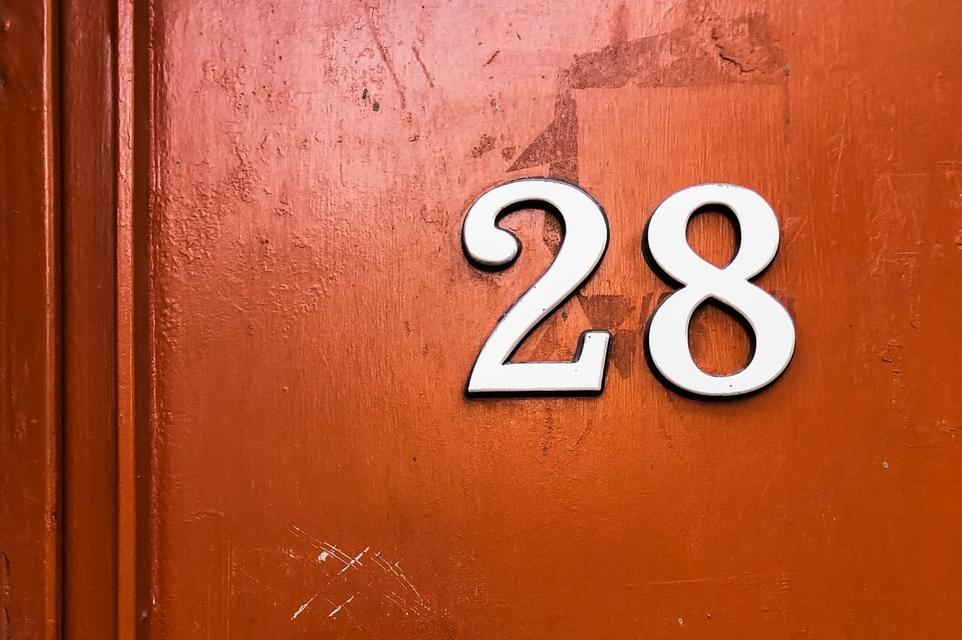
Substitutes for “etc.”
If you’re concerned about using (or overusing) “etc.” for “etcetera” in formal or academic writing, consider using “and so on” or “among others.”

Et al. is a Latin abbreviation of et alia, meaning “and others” (so it’s used when you’re citing a source, e.g., “According to Smith et al. (2014), …”.
- Remember that the word “et” means “and” in Latin; it’s not an abbreviation, so it doesn’t need a period after it! (But “al.” is an abbreviation of alia ‘others’, so it needs a period.)
- Although et al. is from Latin, it does not need to be italicized, since it’s been used in English for such a long time by now.

- In August 1969, the phenomenal music event of Woodstock occurred.
- In a matter of days, a crowd of over 400,000 flooded Yasgur’s dairy farm.
- Before they knew it, the concert became a historical milestone.
- Even 50 years later, Woodstock symbolizes the “summer of love.”

